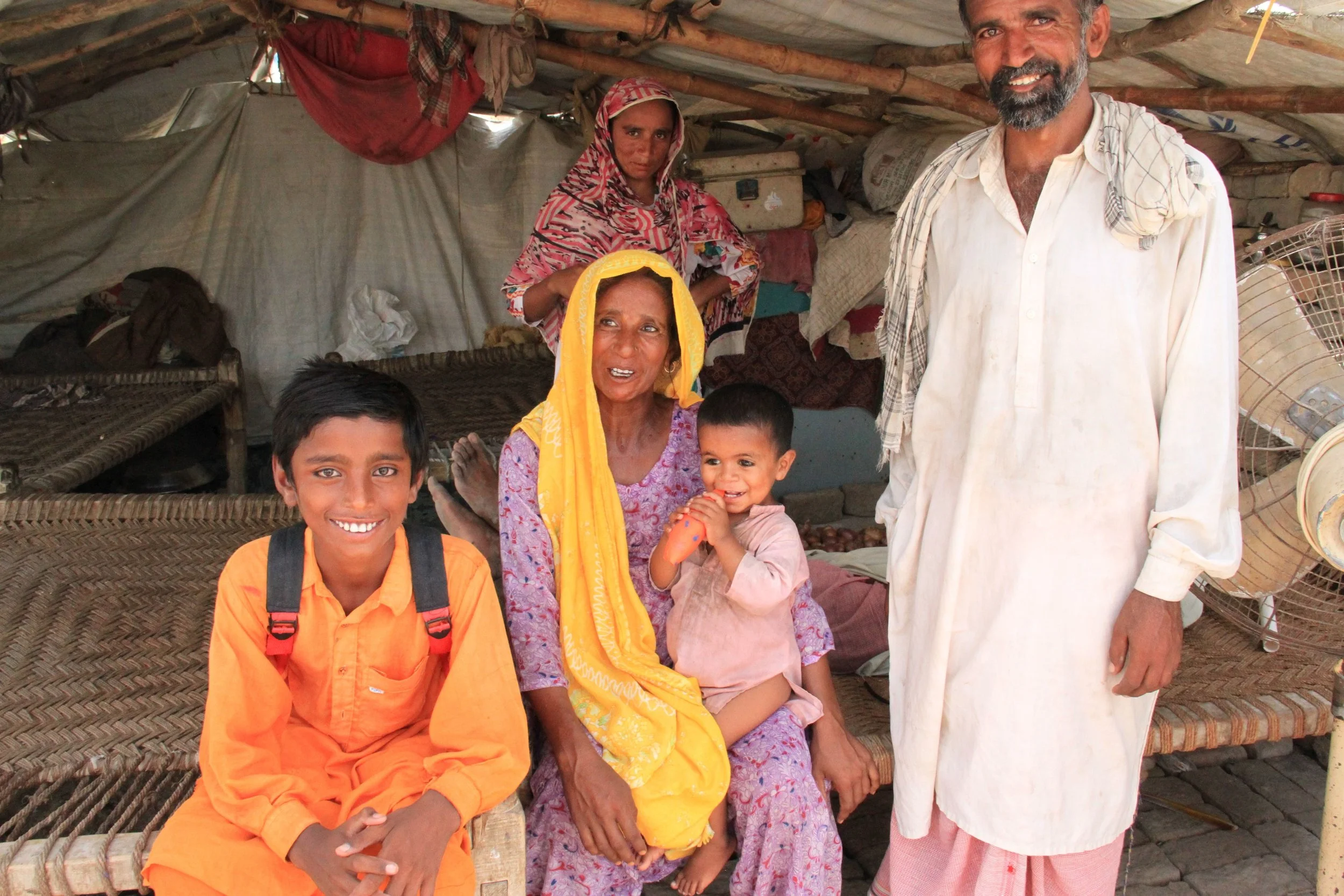INNOVATION, INFORMATION & ACCOUNTABILITY
Access to better information and greater accountability are changing education in Pakistan and similar settings. Recent research explores how innovations like school and student report cards, community engagement, and information sharing influence school choice, competition, and educational quality. These studies examine how transparency and accountability can shape the experiences of students, schools, and families. Read the studies below:
Persistence and Diffusion of Innovation
Authors: Asim I. Khwaja, Tahir Andrabi, Jishnu Das.
[This study is currently in its early stages, and the findings, along with the full paper, will be made available soon.]
Questions
What are the barriers and facilitators to the effective scaling, persistence, and diffusion of evidence-based pedagogical interventions in public education systems? To what extent do interventions that promote structured pedagogy and targeted instruction sustain their impact on teaching practices and student learning over time?
Why This Matters
Policymakers face urgent decisions on how to maximize the impact of limited education resources in the face of stagnating learning outcomes and widespread disparities. Identifying which interventions can persist and spread effectively within public systems helps guide large-scale education reforms and investment strategies. Evidence from this study supports better policy choices on scaling up proven teaching methods, designing supportive regulatory environments, and prioritizing sustainable, system-wide improvements. These insights provide actionable guidance for governments and education agencies seeking lasting, cost-effective solutions to the global learning crisis.
Improving Public Education through Citizen Participation
Authors: Asim Khwaja, Saher Asad, Tiffany Simon
[This study is currently in its early stages, and the findings, along with the full paper, will be made available soon.]
Questions
Can community-based mobilization interventions increase citizen participation in public education and improve accountability of government service providers in Pakistan? What is the comparative effectiveness of different types of policy actor engagement on improving public school outcomes?
Why This Matters
Strong public service delivery depends on active citizen engagement, yet bureaucratic complexity and limited information often leave communities disconnected from policy decisions that affect their daily lives. By testing innovative collective action strategies to mobilize citizens in Pakistan’s education sector, this study informs how non-electoral participation can enhance government accountability and responsiveness.
The approach provides a model for policymakers in similar low-trust environments, revealing how targeted community interventions may drive systemic improvements even where political or institutional barriers have traditionally limited citizen influence.
Long Term Impact of Report Cards on Villages
Authors:
Questions
Why This Matters
Long Term Impact of Report Cards on Students
Authors:
Questions
Why This Matters
Report Cards
Authors: Tahir Andrabi, Jishnu Das and Asim Ijaz Khwaja
Citation: Andrabi, Tahir, Jishnu Das, and Asim I. Khwaja. 2017. "Report Cards: The Impact of Providing School and Child Test Scores on Education Markets." American Economic Review, 107 (6): 1535-63.
Questions and Findings
What happens when households and schools receive report cards with student and school test scores? Can better information about school quality affect achievement, fees, and enrollment in public and private schools?
Modest Test Score Gains: Report cards increased student test scores by 0.11–0.13 standard deviations, with effects persisting over two years.
Lower Private School Fees: Annualized private school fees dropped by 17% (Rs 187) in villages receiving report cards.
Higher Enrollment: Primary school enrollment rose by 4.5% following the intervention.
Market Response: Lower-performing private schools improved their efforts or lost students, while better-performing schools gained. Public schools also saw improvements in test scores and increased enrollment.
Stronger Effects Where Quality Was Uncertain: Impacts were largest in areas with greater initial information gaps, showing the intervention worked best where school quality was unclear.
Why This Matters
Information gaps in education markets can prevent families from making informed school choices and weaken market competition, particularly in low-income settings with both public and private providers. Providing clear, comparative information about school and student performance empowers households, drives positive academic outcomes, and reduces costs for families.
This study demonstrates that even simple information interventions can reshape incentives for schools, stimulate competition, and increase access—offering actionable insights for policymakers considering how to improve education systems in similar contexts.

